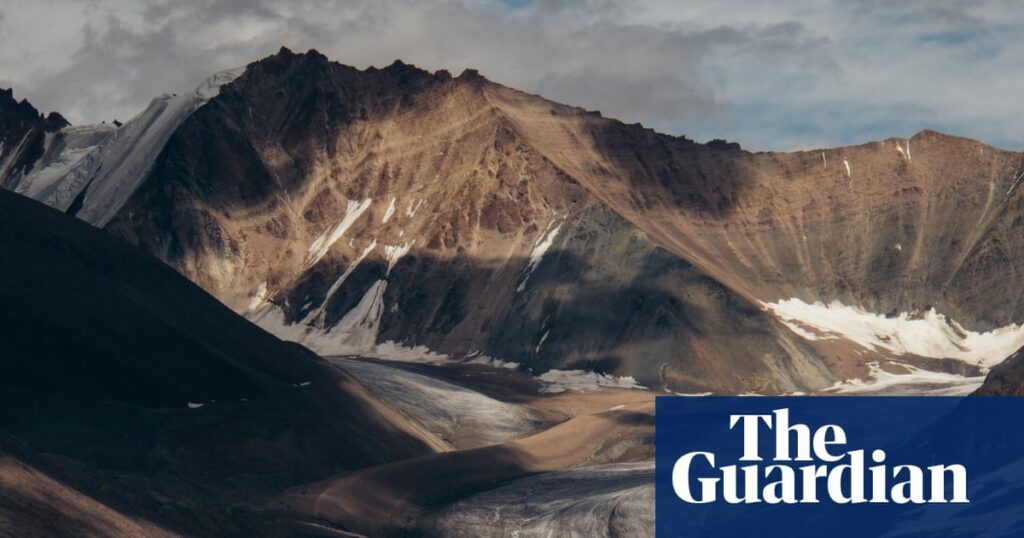A recent study reveals that nearly 40% of today’s glaciers are destined to melt due to climate emissions from fossil fuels. If global temperatures rise by 2.7°C, this figure could rise to 75%. Such glacier losses would lead to significant sea level rises, endangering millions, promoting mass migration, and impacting water resources critical for agriculture.
Research indicates that limiting temperature increases to the internationally aimed 1.5°C could save about half of glacial ice, with each tenth of a degree having substantial implications for preserving 2.7 trillion tons of ice. The study found that regions like the western US and Canada face severe glacier losses, while some high-altitude areas in the Hindu Kush and Karakoram ranges are more resilient but still vulnerable.
Utilizing multiple models, the research predicts that if no action is taken, the total loss of glaciers could reach 39% by the century’s end. The situation worsens with a 2.7°C rise, with most major glacial regions losing at least 80% of their ice.
Despite significant uncertainties, researchers stress the urgency of action, noting that glaciers serve as crucial indicators of climate change. Their melting contributes to rising sea levels, already responsible for a quarter of global sea level rise. If global warming reaches the higher threshold, the contribution could increase significantly.
The findings underscore the interconnectedness of local actions and global climate impacts, emphasizing a dire need for climate action. A UN conference on glacier preservation is set to address these urgent issues.
Source link


